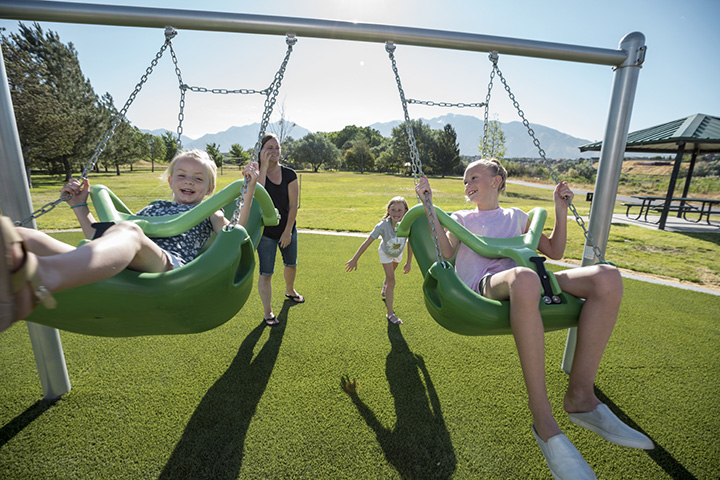Introduction
The primary playground is not only a place for children to enjoy physical activity and interact with their peers, but also a unique environment where they can develop essential social and emotional skills. Peer support plays a significant role in this development, as it fosters empathy, understanding, and cooperation among children. This article will discuss the importance of peer support in the primary playground and provide insights into nurturing a positive environment for our little ones.
The Role of Peer Support
During recess, children engage in various activities that allow them to form connections with their classmates. This time spent together presents numerous opportunities to practice kindness, understanding, and respect for one another. Peer support in the playground manifests itself through acts of help and encouragement, which can take on many forms:
1. Assisting with problem-solving: When conflicts arise or when a play idea becomes too challenging, children can work together to find solutions.
2. Emotional support: A comforting hug or a reassuring word from a peer can ease moments of sadness or anxiety.
3. Empathy and understanding: By listening to one another’s feelings and experiences, children can develop essential interpersonal skills.
4. Inclusivity: Encouraging all children to participate in activities regardless of their abilities or background fosters an environment of acceptance.
Benefits of Peer Support
Peer support provides lasting benefits for the social and emotional growth of primary school students:
1. Enhanced self-esteem: As children help one another, they develop a sense of pride and accomplishment that contributes to positive self-image.
2. Improved communication skills: Collaborative problem-solving encourages active listening, thoughtful expression, and clarity during conversations.
3. Resilience and coping strategies: Support networks formed during play help children learn how to face challenges with perseverance and confidence.
4. Cultivating empathy: Experiencing first-hand the power of camaraderie allows children to develop stronger empathetic sensibilities and sensitivity toward others’ feelings.
Promoting Peer Support in the Playground
To foster a supportive atmosphere within the primary playground, schools, parents, and guardians can take several steps to create an environment conducive to positive interactions:
1. Establish clear guidelines for respect and inclusiveness, reinforcing these expectations regularly.
2. Encourage children to reach out to their peers and offer help when they see someone struggling.
3. Facilitate opportunities for diverse play experiences that cultivate mutual understanding among children from various backgrounds.
4. Introduce activities or games that promote teamwork and cooperation.
Conclusion
The primary playground holds tremendous potential in nurturing well-rounded individuals who care for their peers and respond empathetically to others’ needs. By fostering a supportive environment that underscores the significance of peer support, we pave the way for healthy social and emotional development among our youngest students. Investing in such positive experiences today will create responsible, compassionate citizens of tomorrow.





